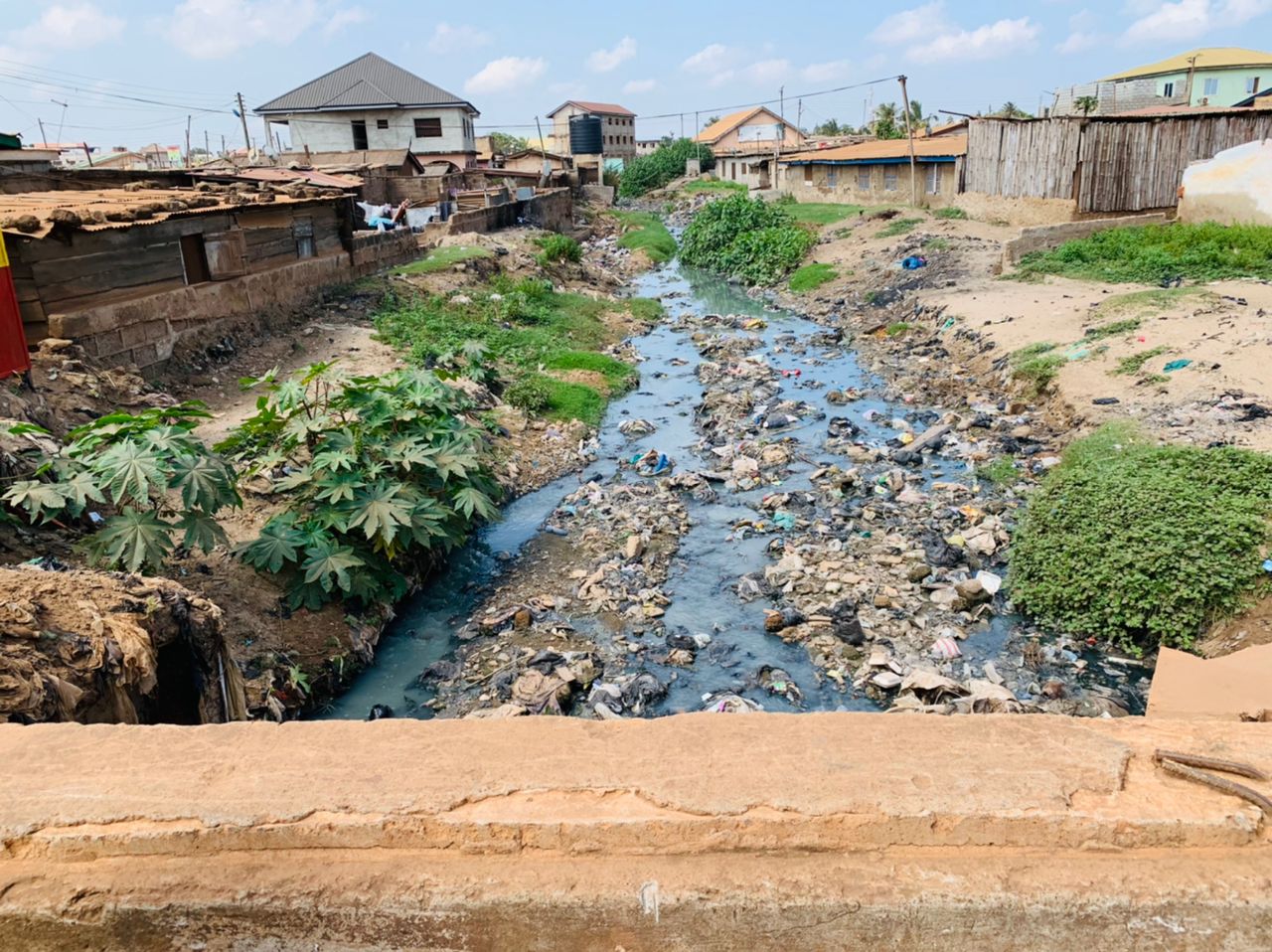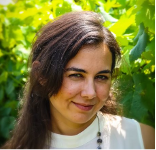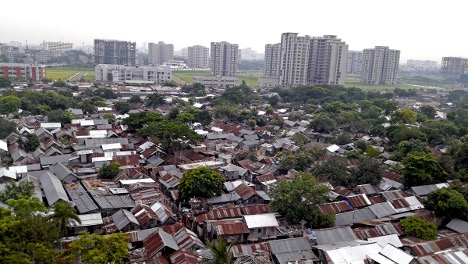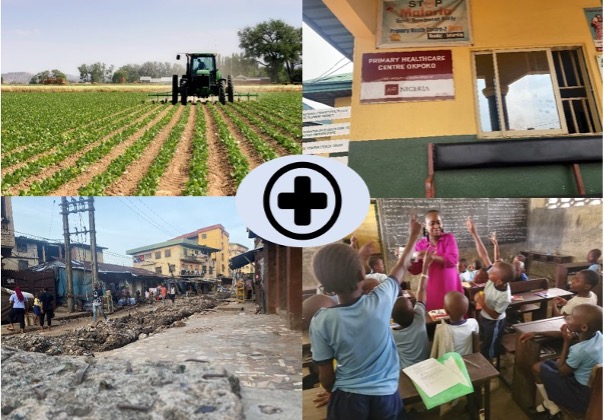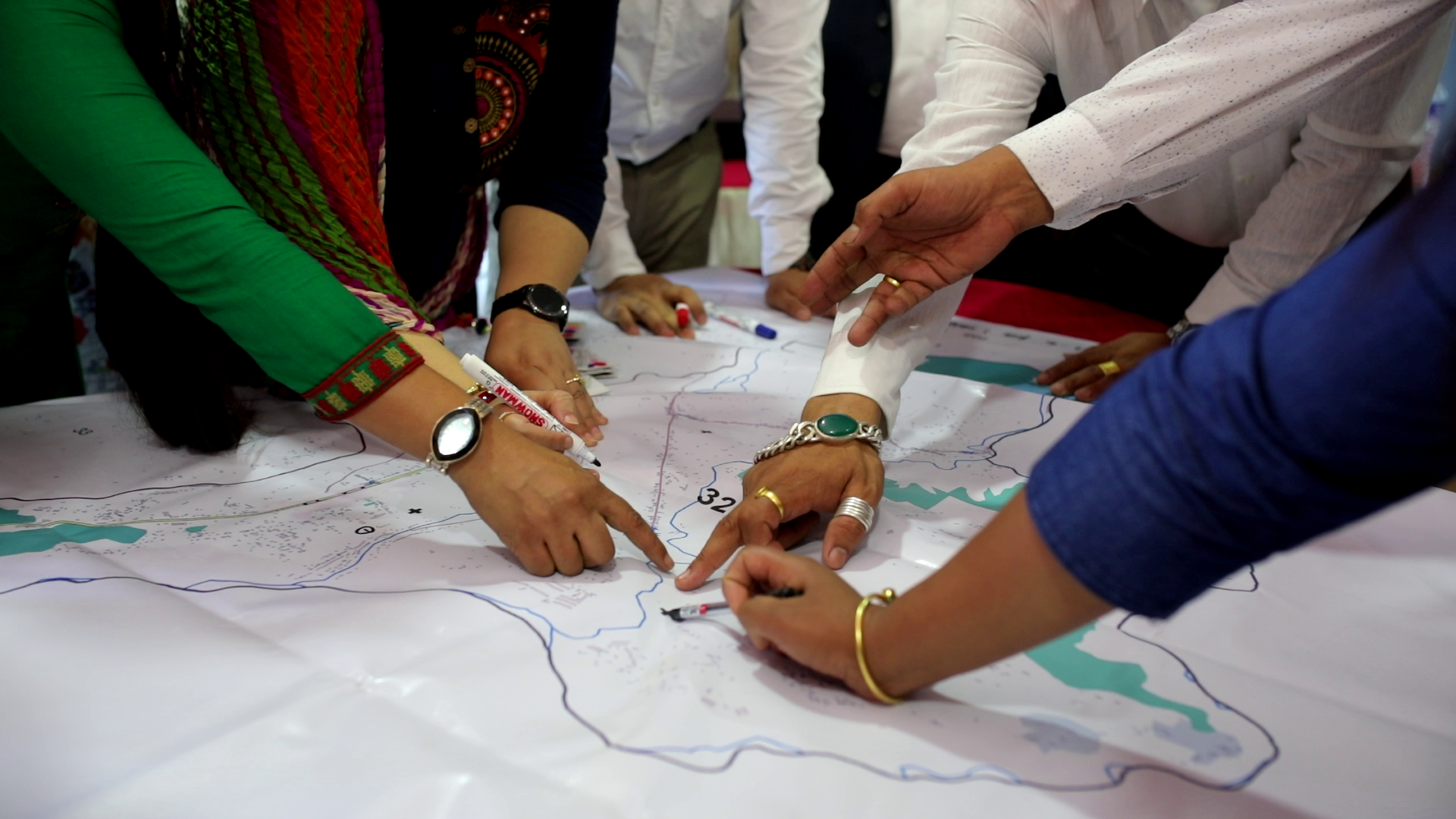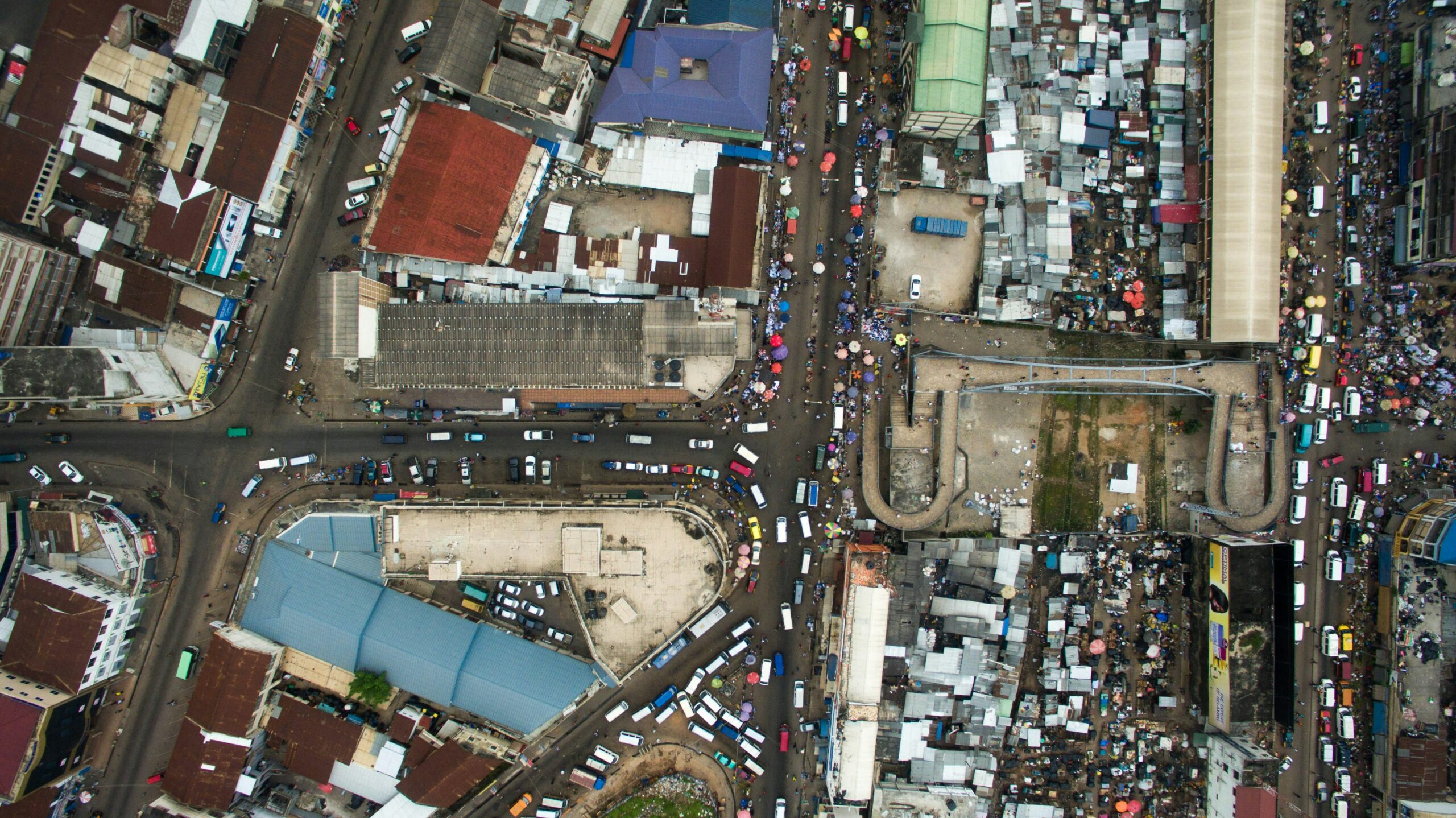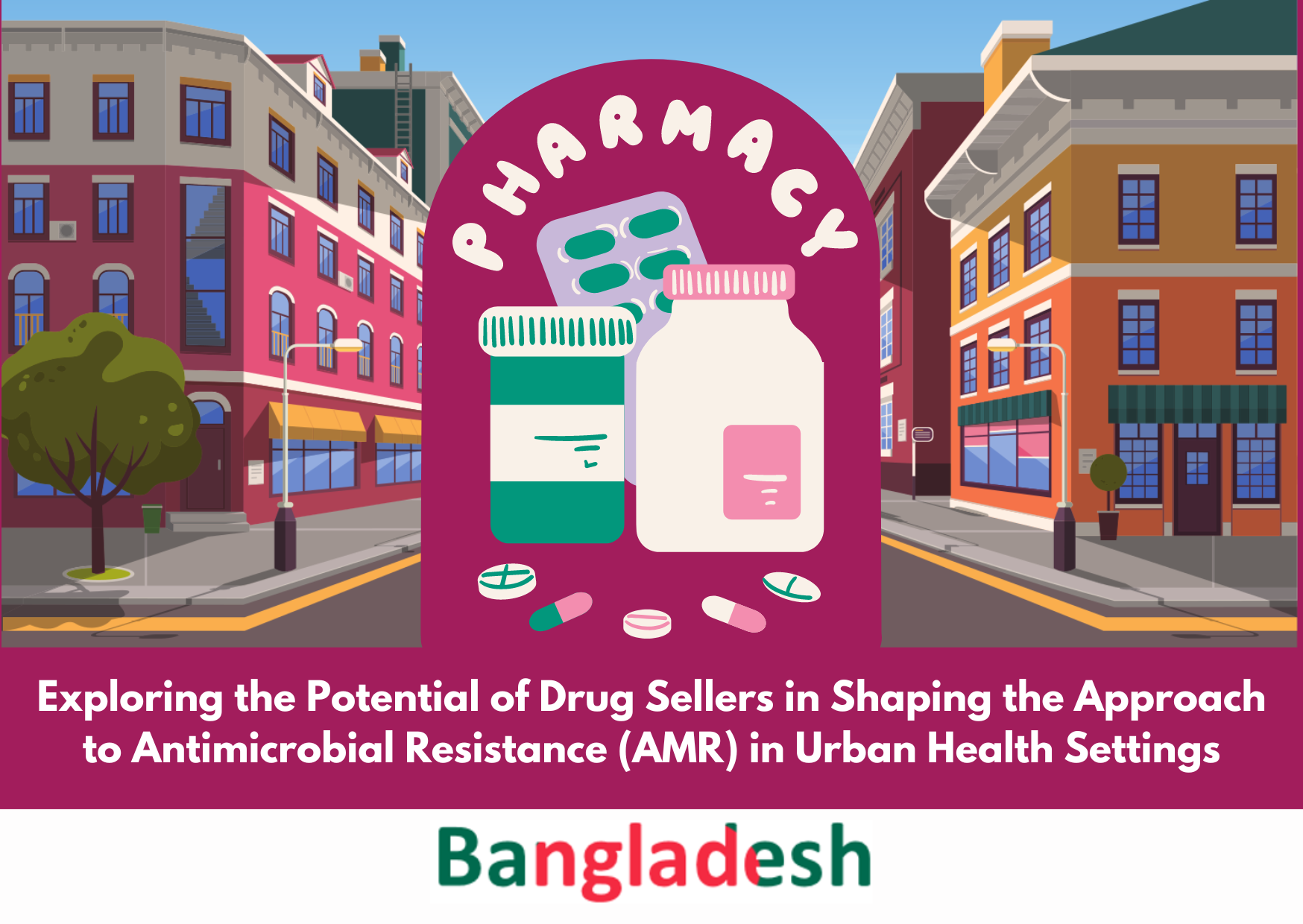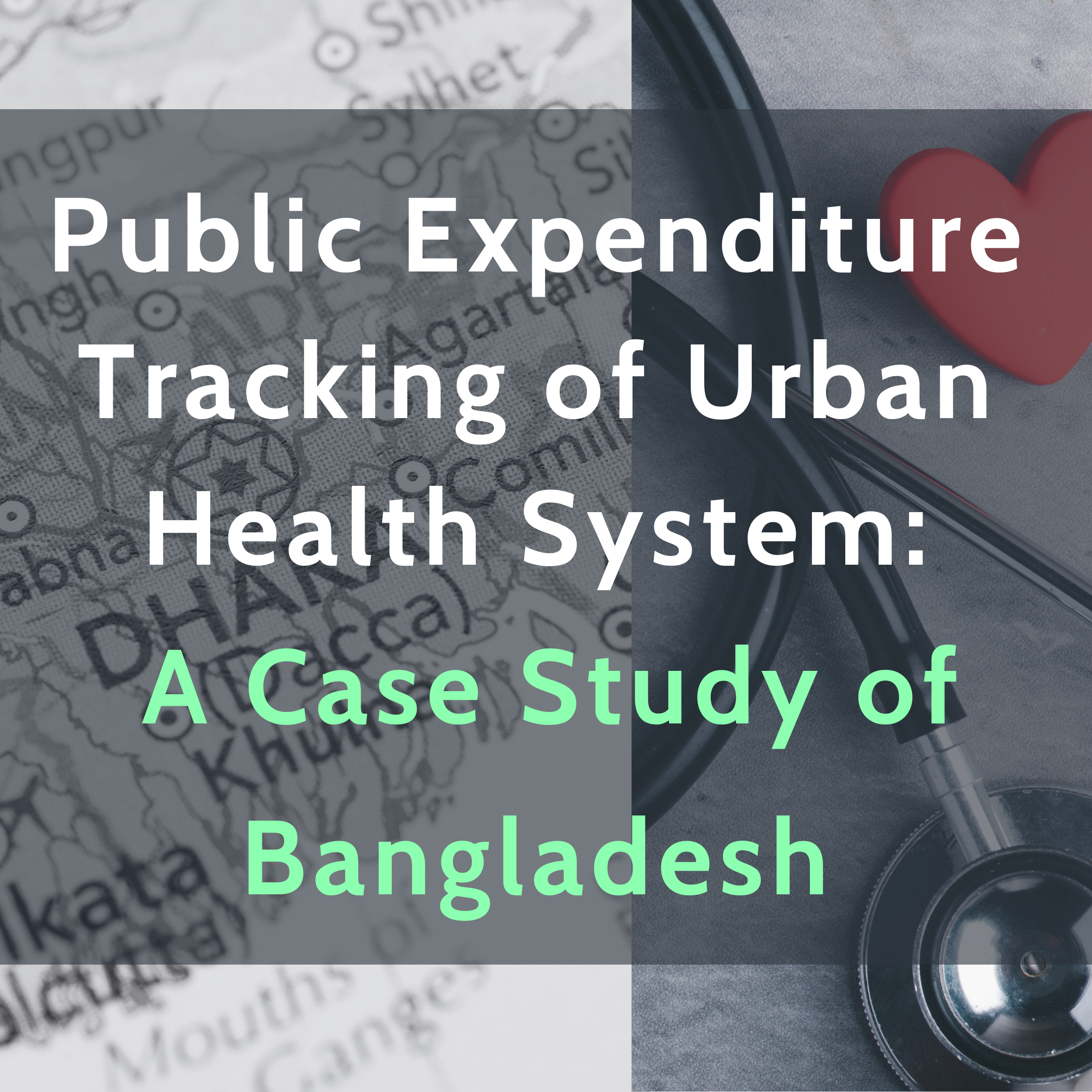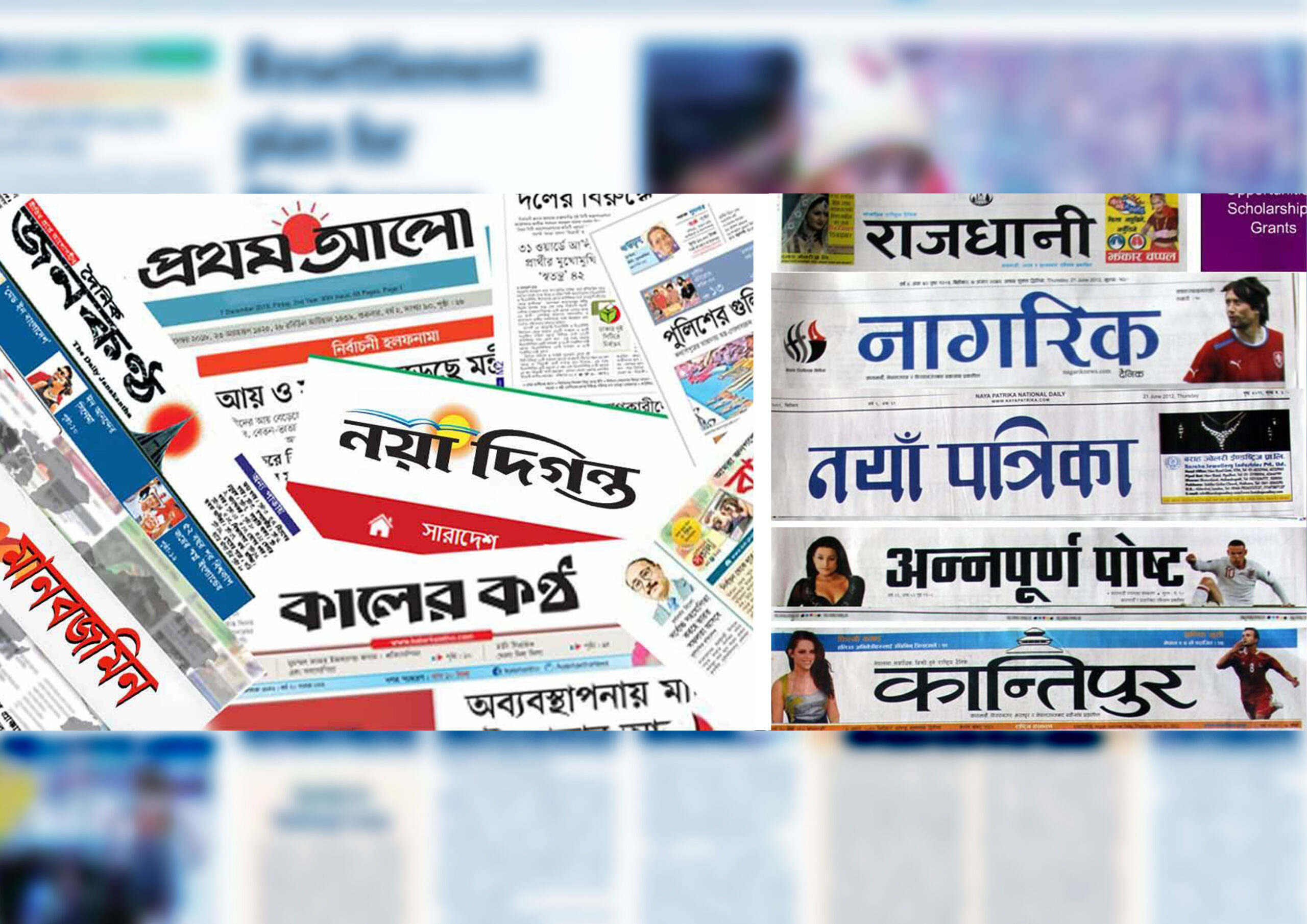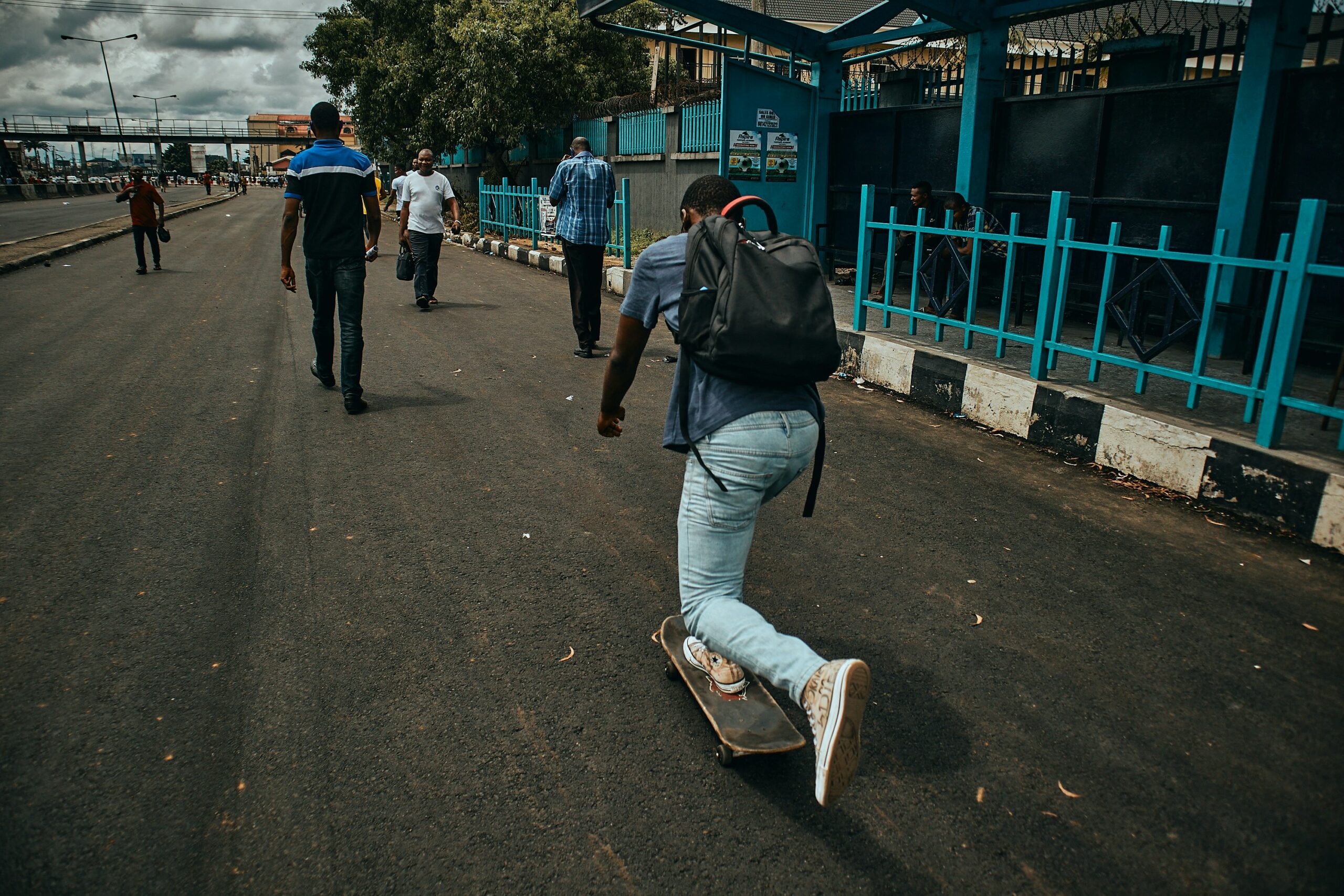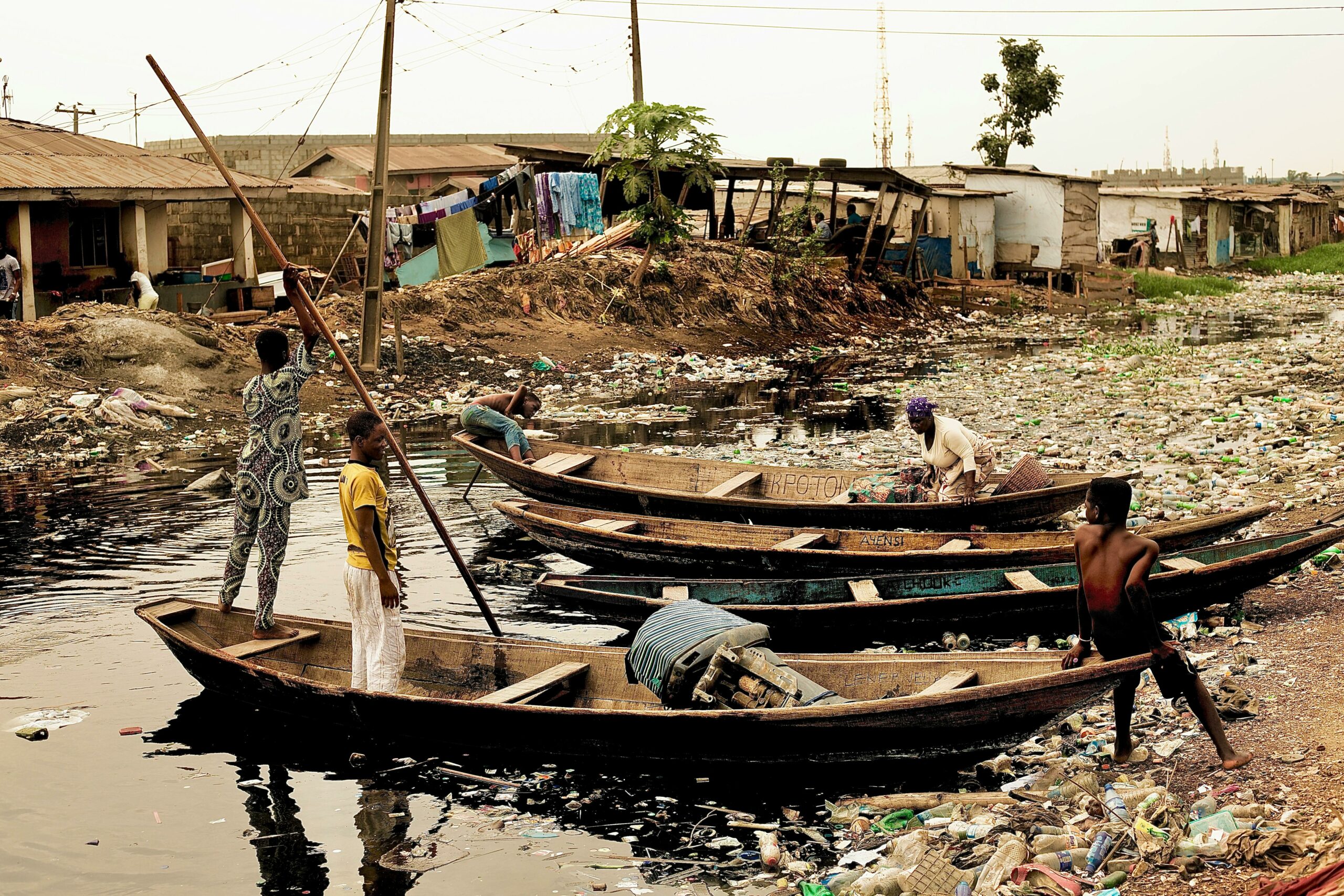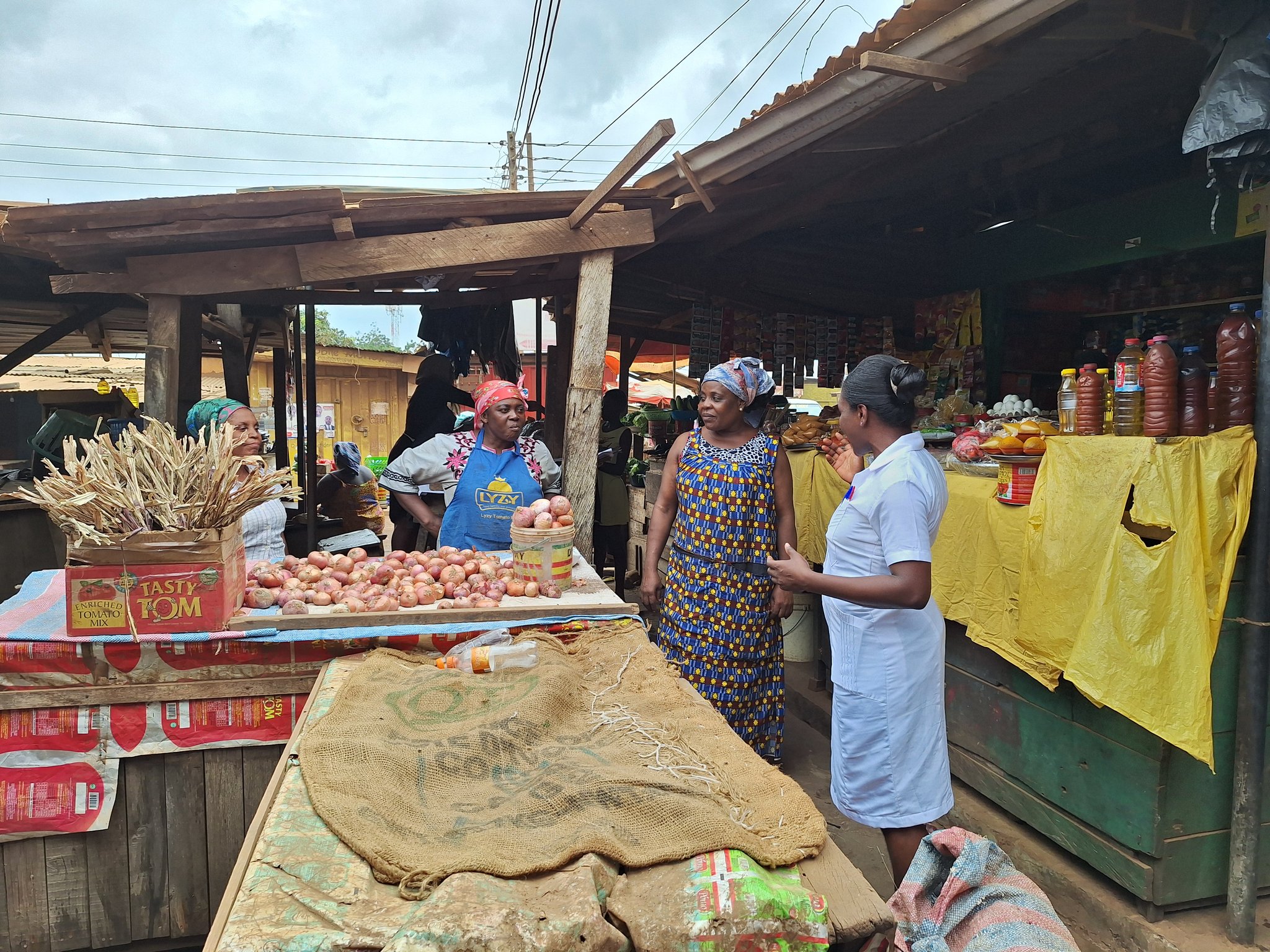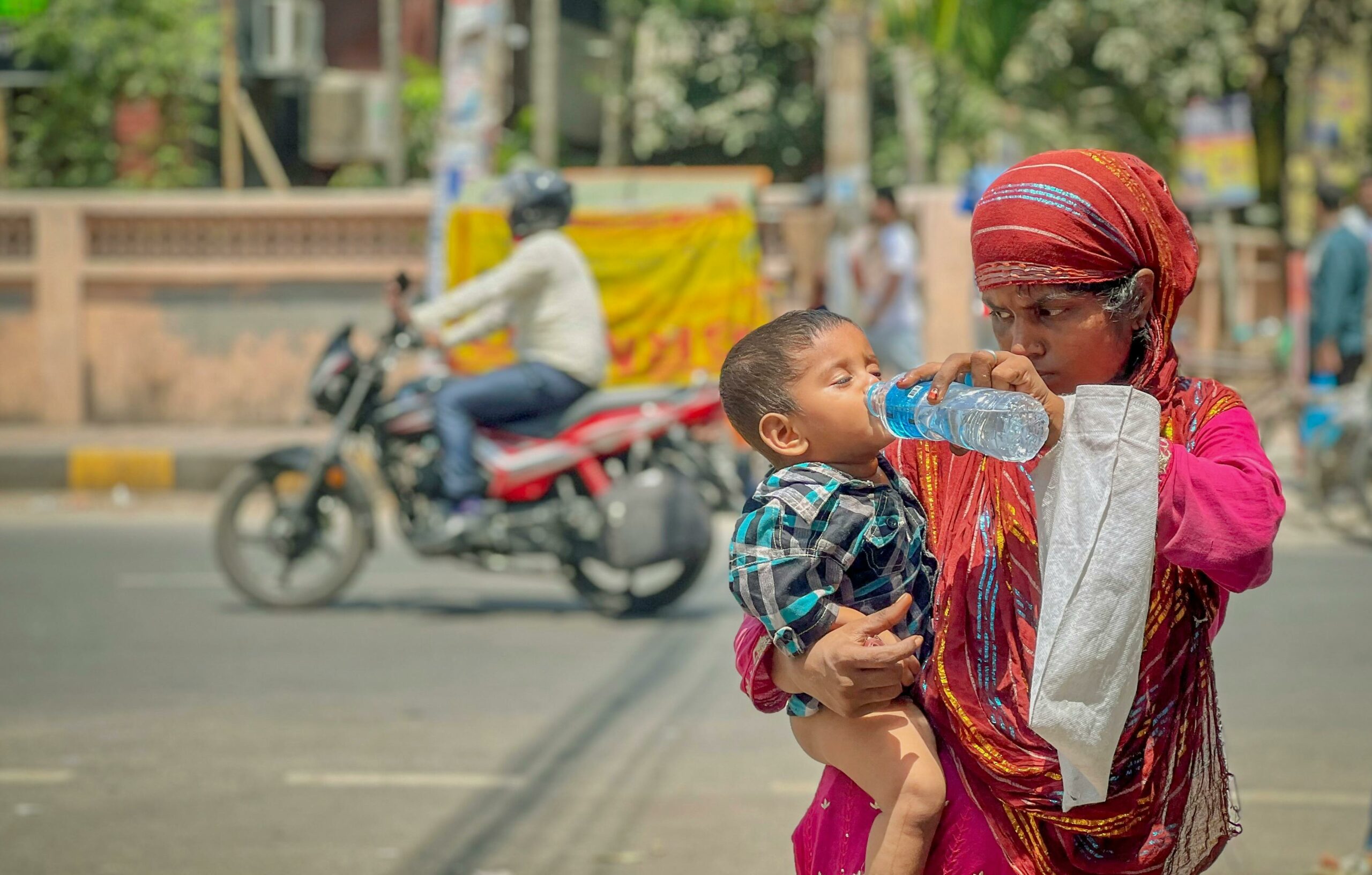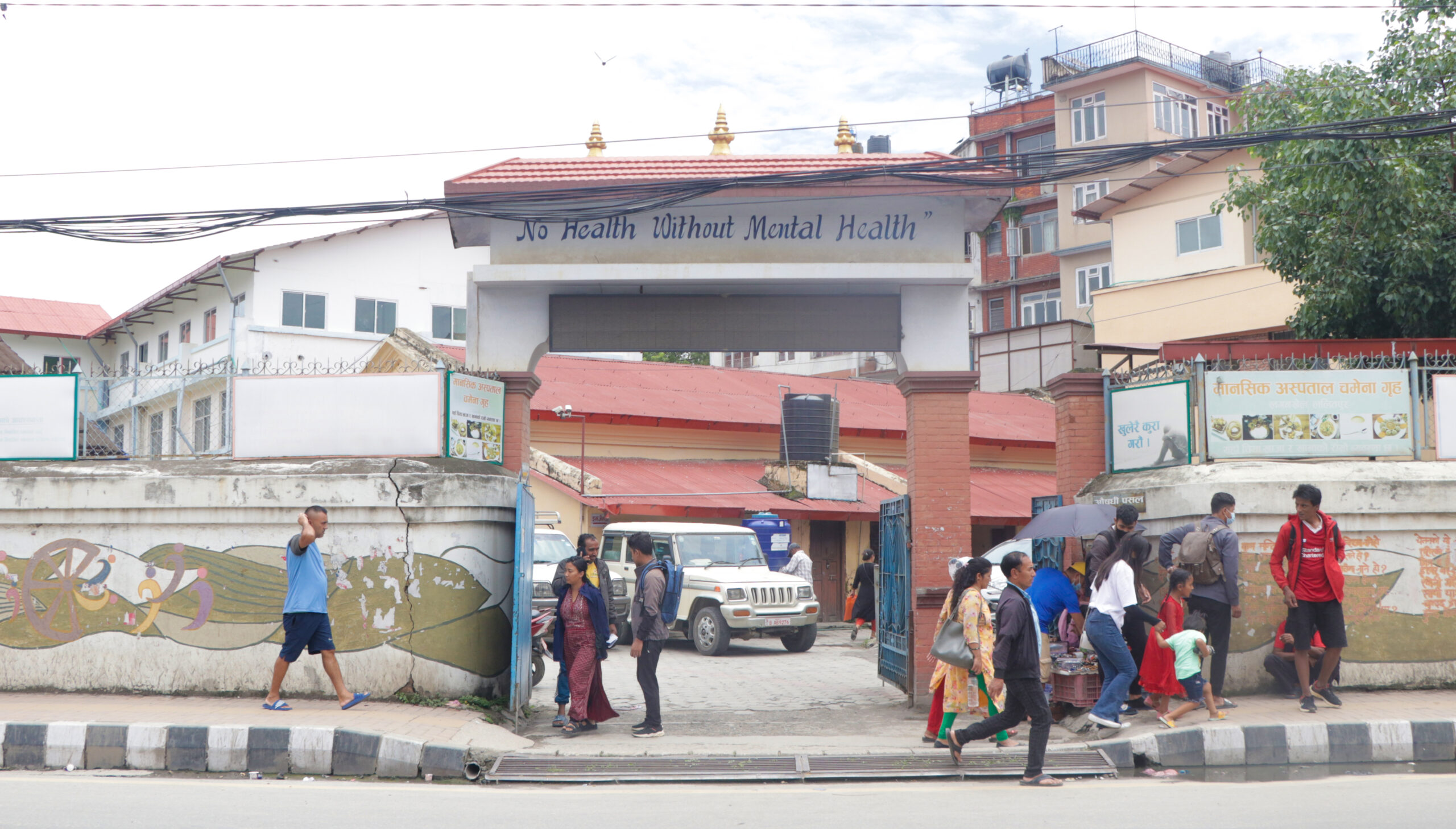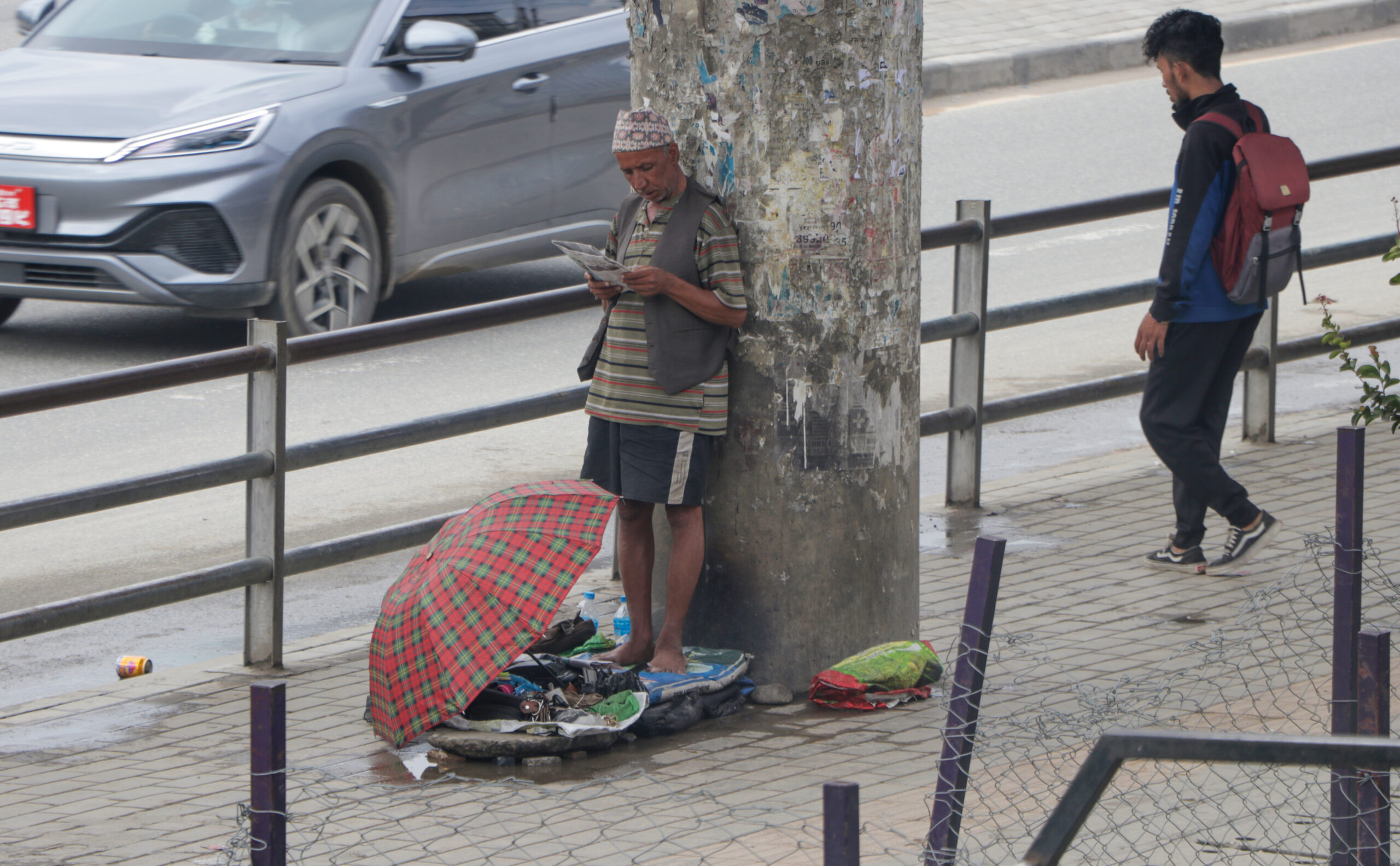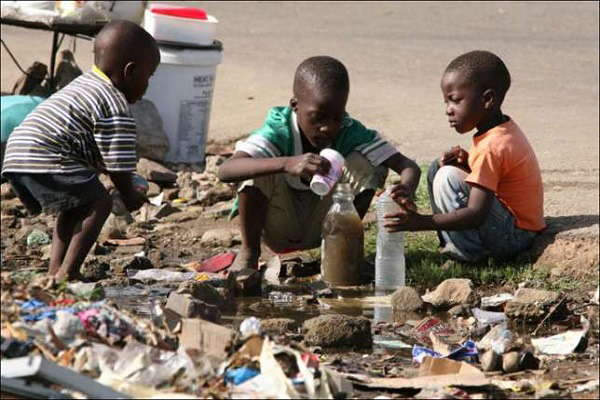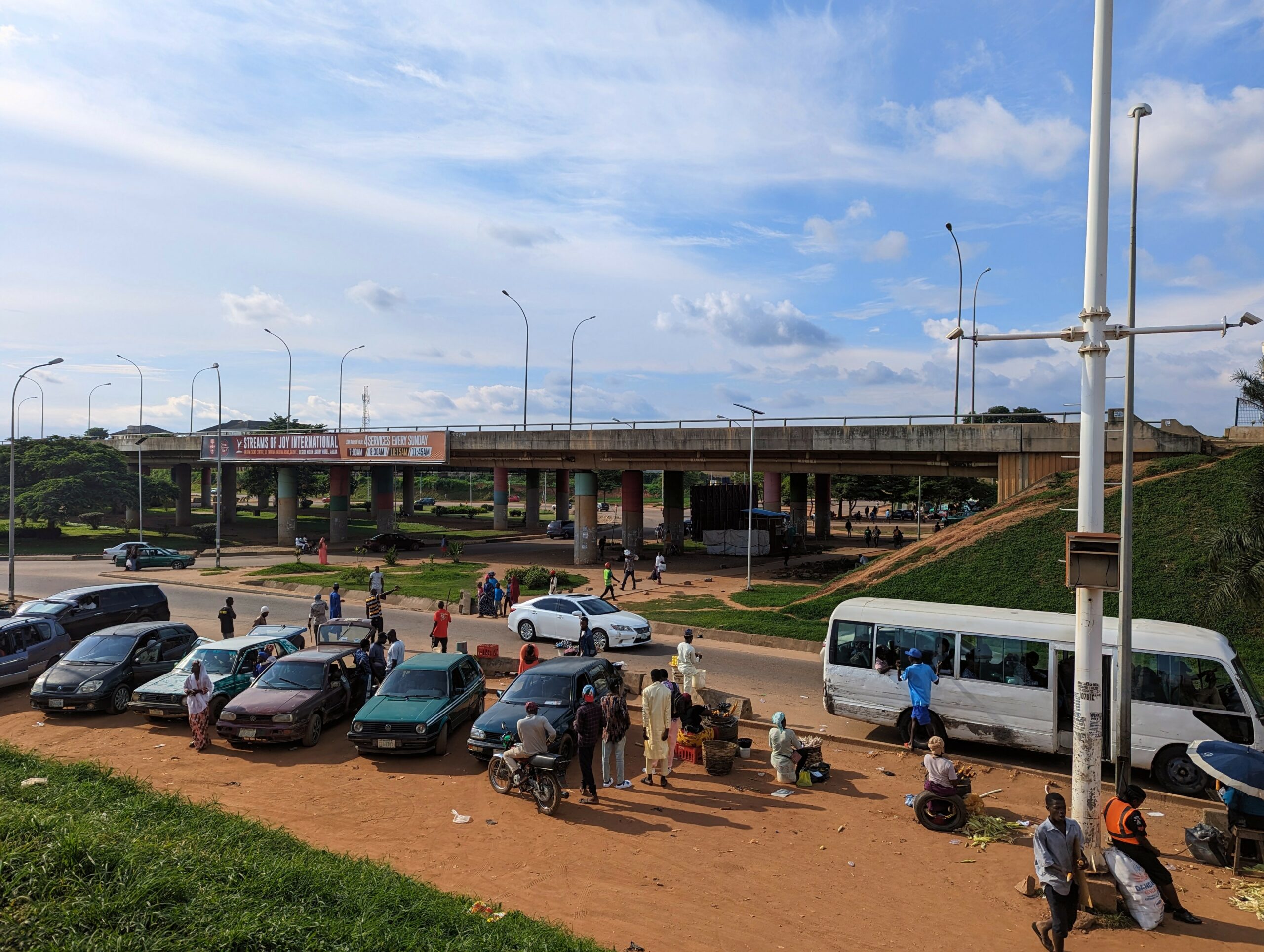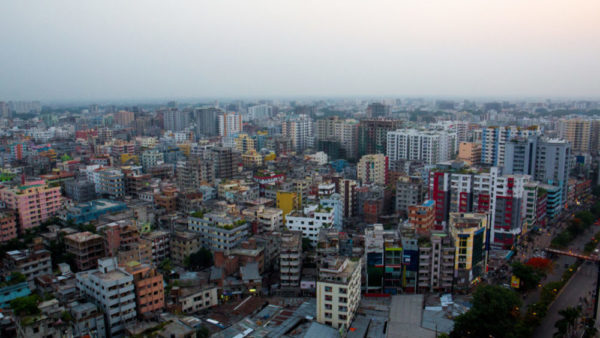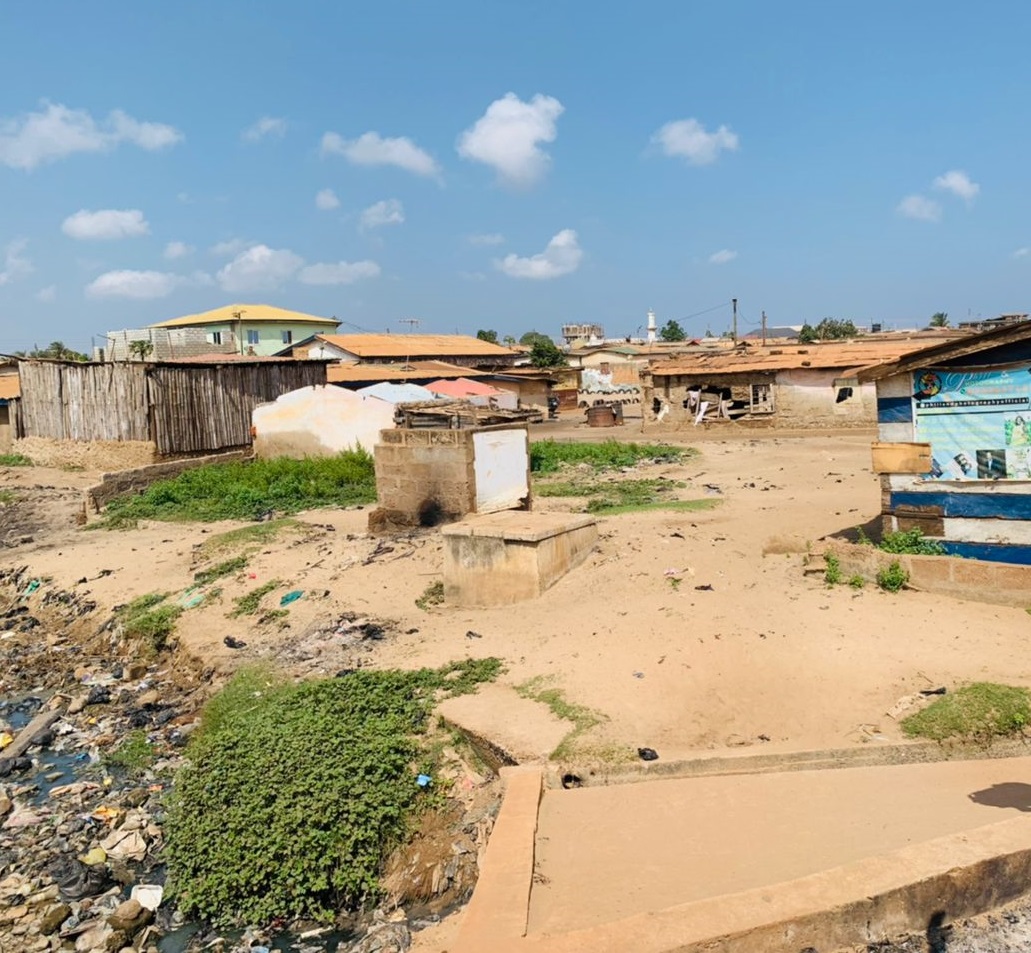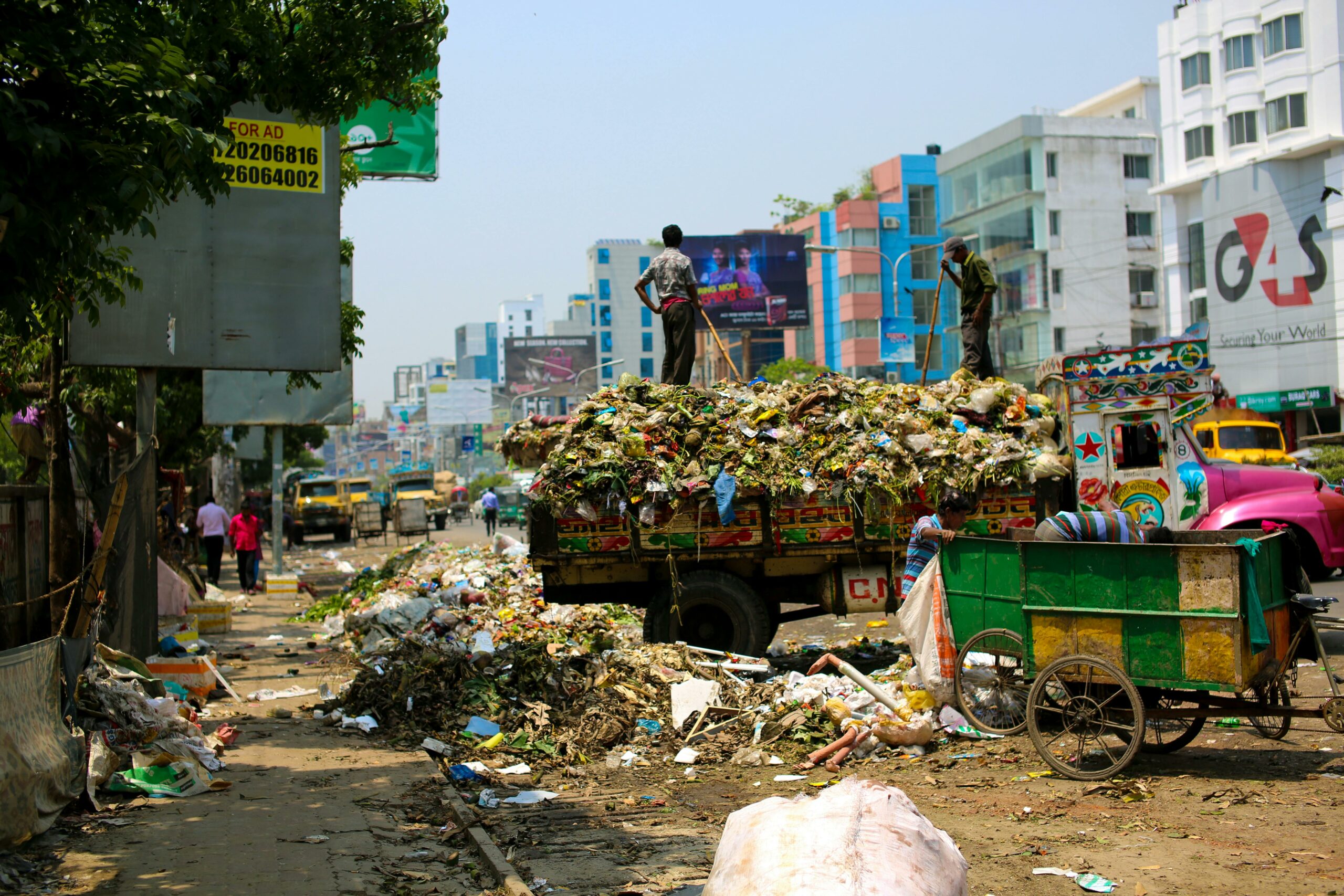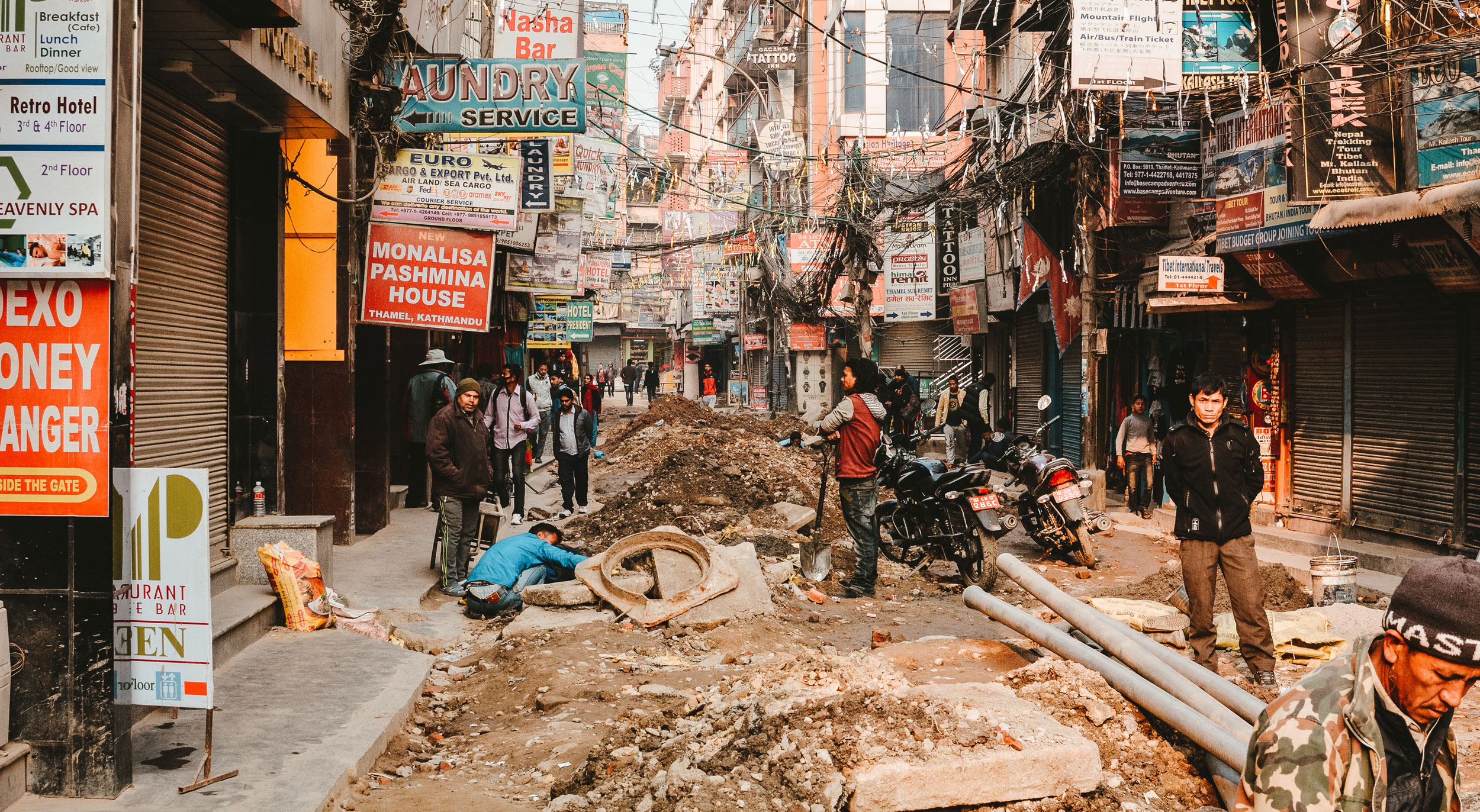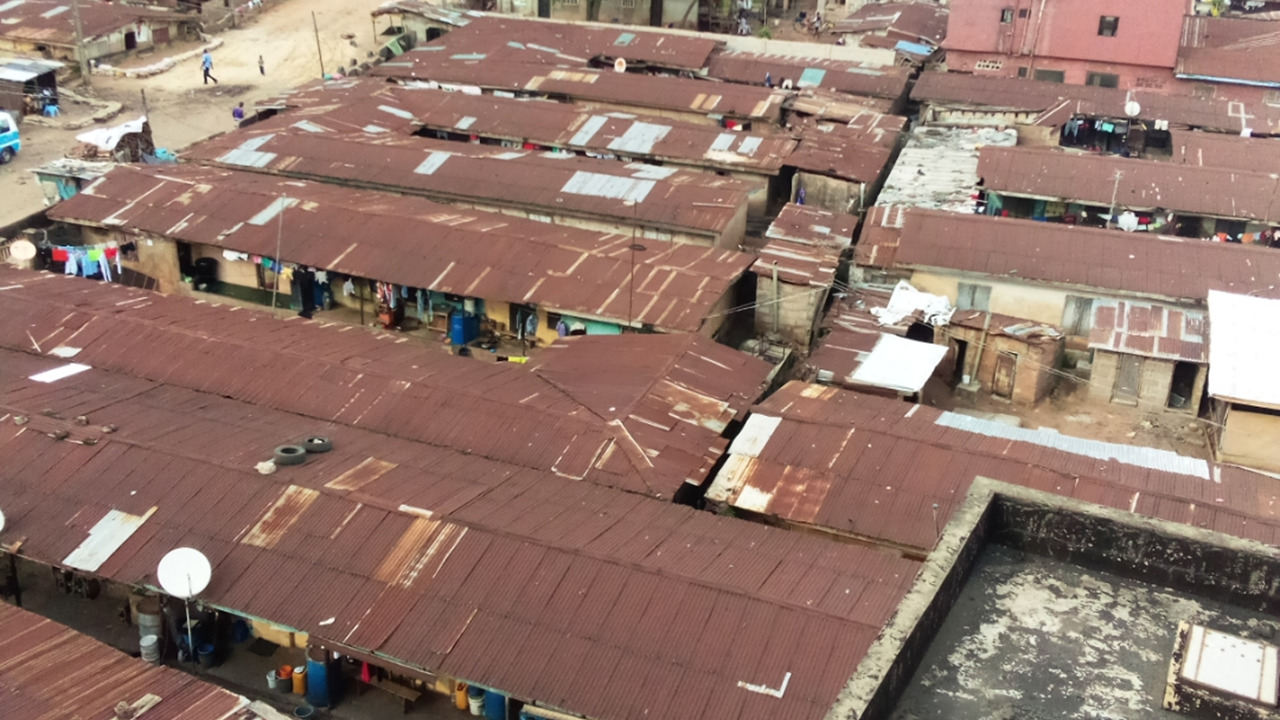
GHANA
Resourcing Primary Healthcare in Madina

GHANA
Resourcing Primary Healthcare in Madina
Disbursement of resources for Primary Health Care by local government and the impact of context, decision space, capacity and stakeholder power: A rapid ethnographic case study in one municipality in Greater Accra Region, Ghana
In Ghana the tensions between legal instruments governing decentralisation have resulted in uncoordinated and contradictory decentralisation reform efforts and ad-hoc and fragmented relations between district assemblies and district health teams, particularly in relation to planning and budgeting. Primary health care in Ghana remains largely under-resourced and under-prioritised by local governments (district assemblies), with non-systematic disbursal of resources for PHC. It is unclear how local governments provide resources – whether financial or other (human, technical and infrastructure, etc). – to support urban PHC in the context of current conflicting decentralization policies, and what the implications are for when Ghana eventually moves to a politically decentralized district health system or decides to remain administratively decentralized.
The project aims to understand the “how” and “why” of the decisions of District Assemblies to allocate and disburse financial and non-financial resources to the District Health System. We will identify sources, amounts and allocation of resources to support primary health care (PHC) in an urban district (municipality), explore who the actors involved in resource allocation decision making are, their organizational capacities, and power; decision space, and context, and how and why disbursement decisions are made and the lessons for enhancing decision-making and decision-space to improve PHC access and outcomes for the urban poor. This project will synthesize lessons for policies, programs, and implementation approaches to support PHC.
The project will be a single exploratory and explanatory case study, using a rapid ethnographic approach. The researchers will be using participant observation, key informant interviews, stakeholder analysis and focus group discussions.
Lead Researcher: Dr. Lauren Wallace (Dodowa Health Research Center)
Co-researcher: Dr. Andrews A. Ayim
Mentors: Honorary Rashid Bonsu (Chair of Finance and Administration at Madina Municipal Assembly), Prof. Irene Agyepong (Ghana College of Physicians and Surgeons), Prof. Rumana Huque (Director of the ARK Foundation Bangladesh)
